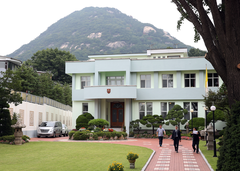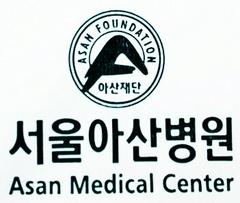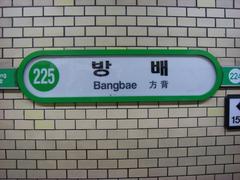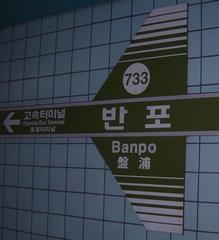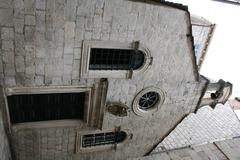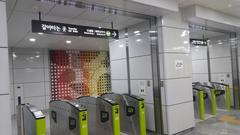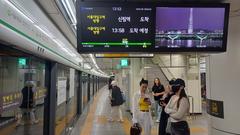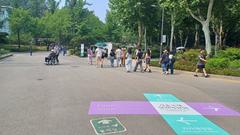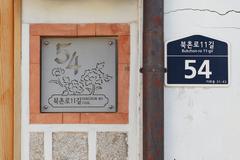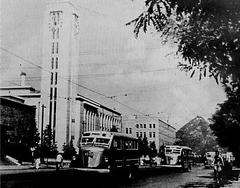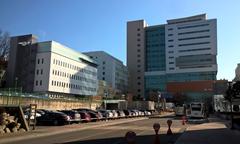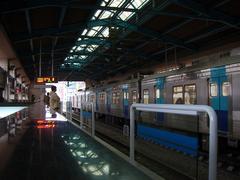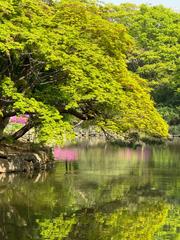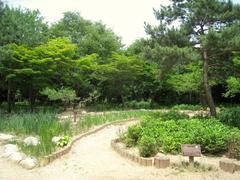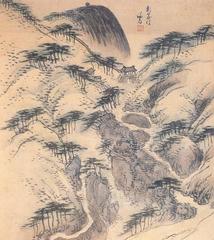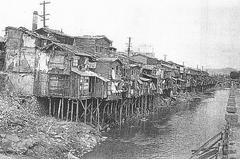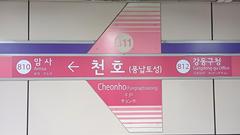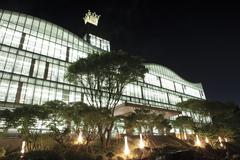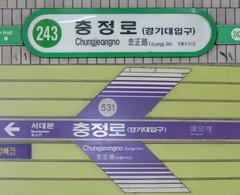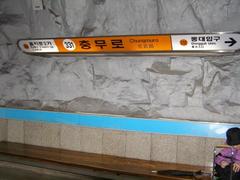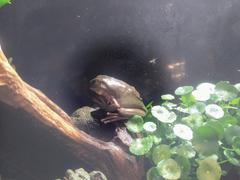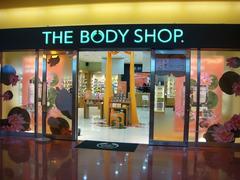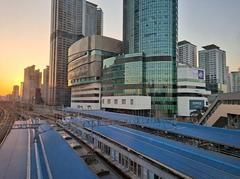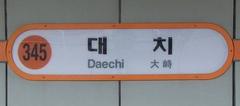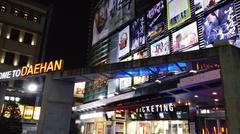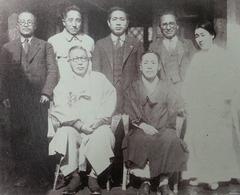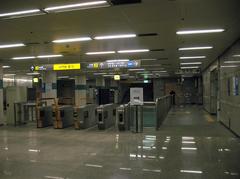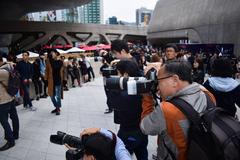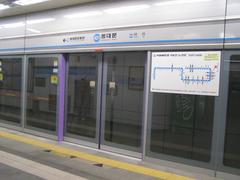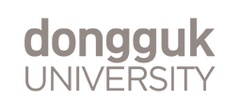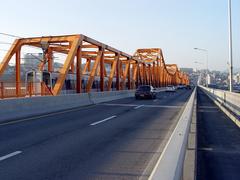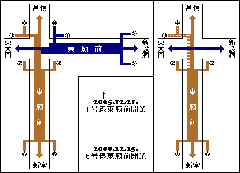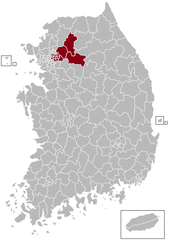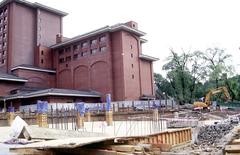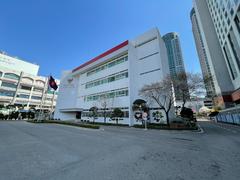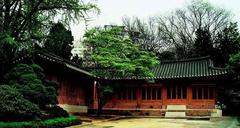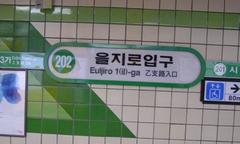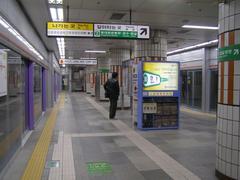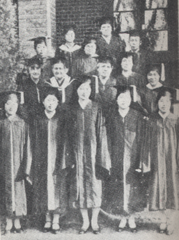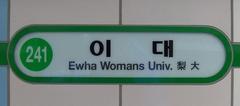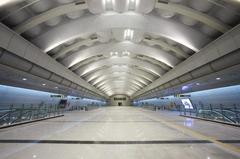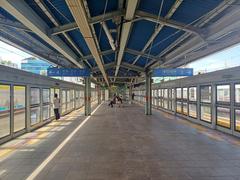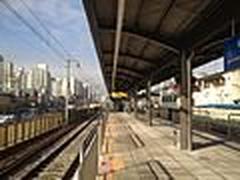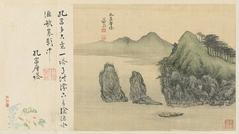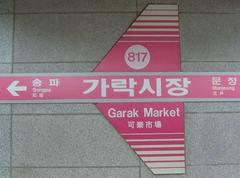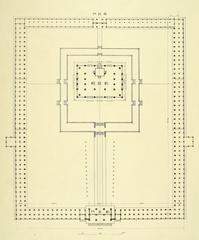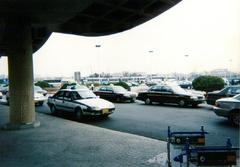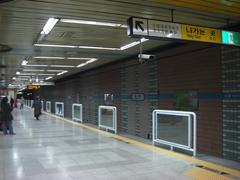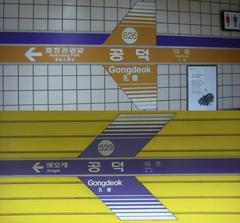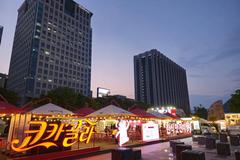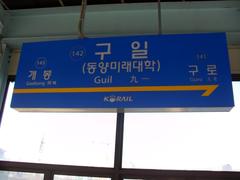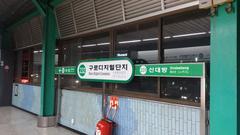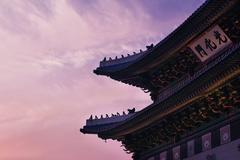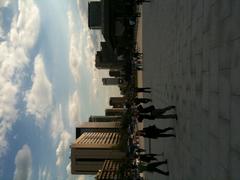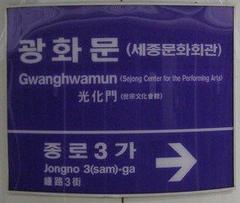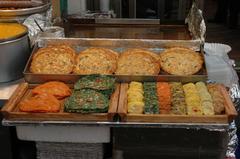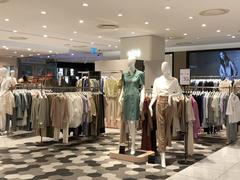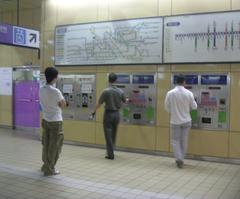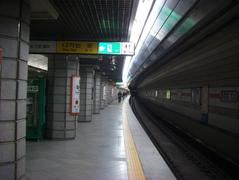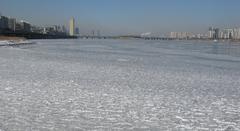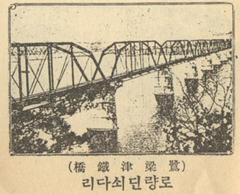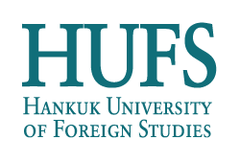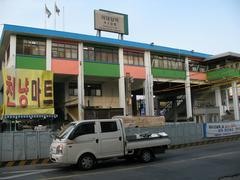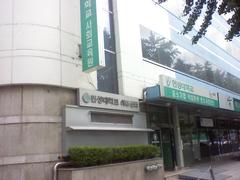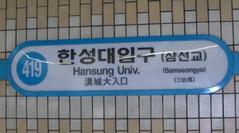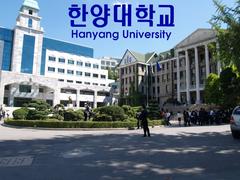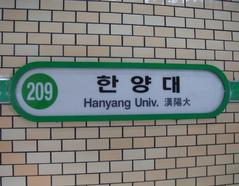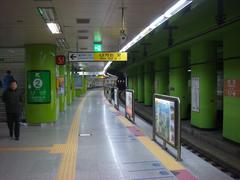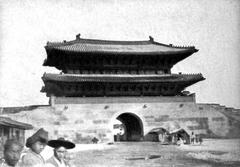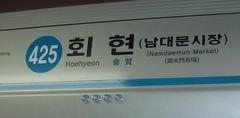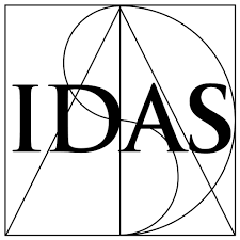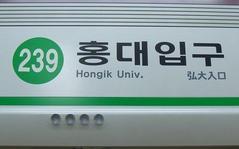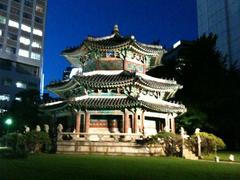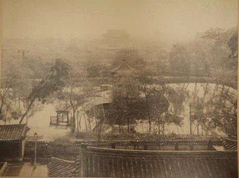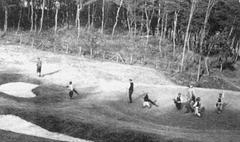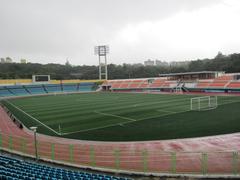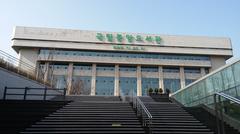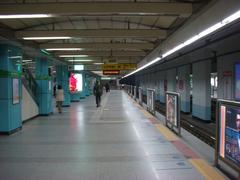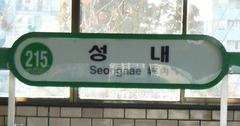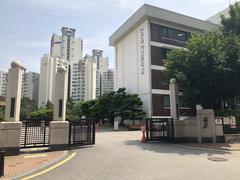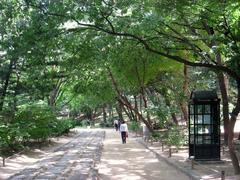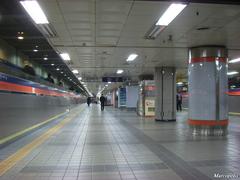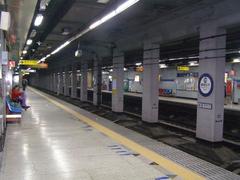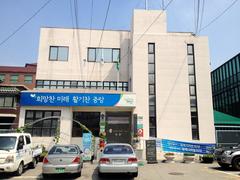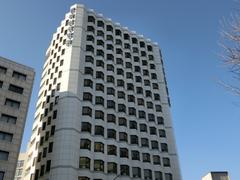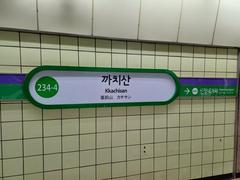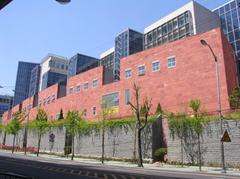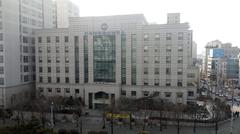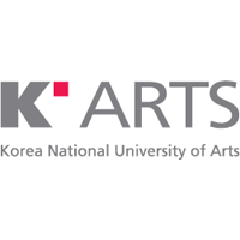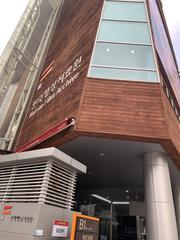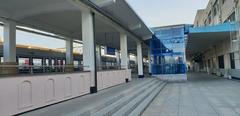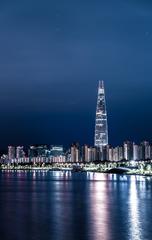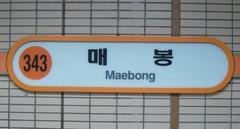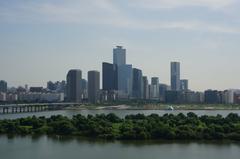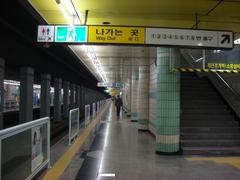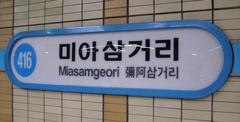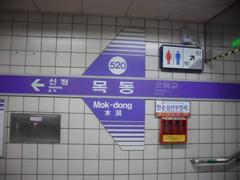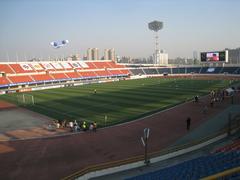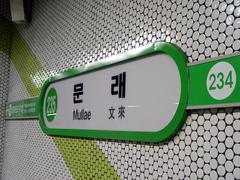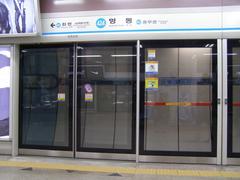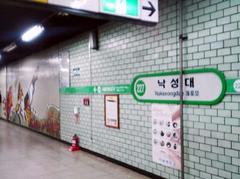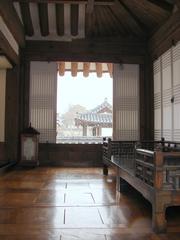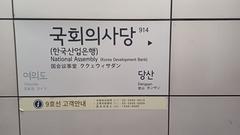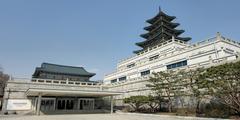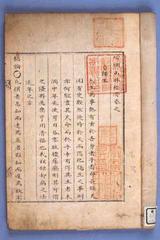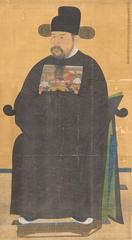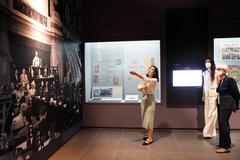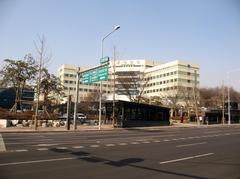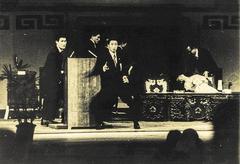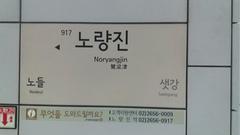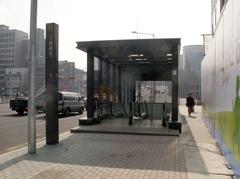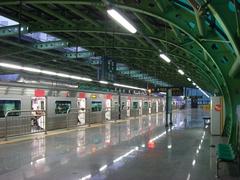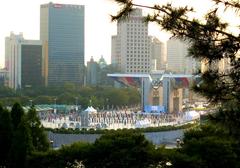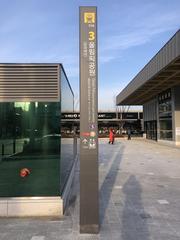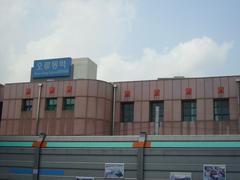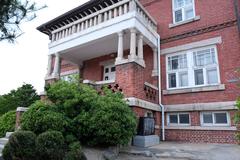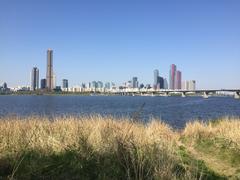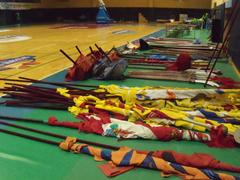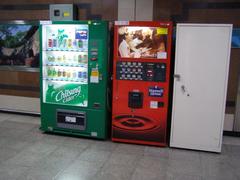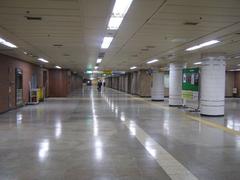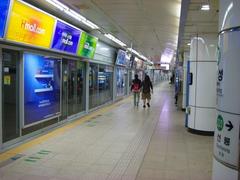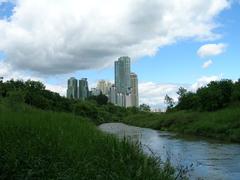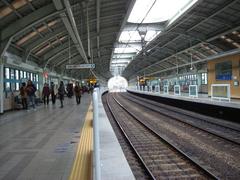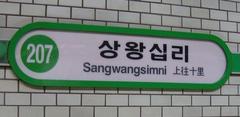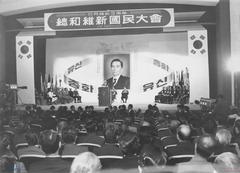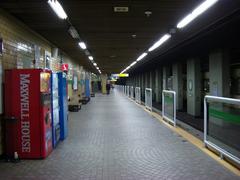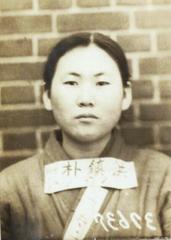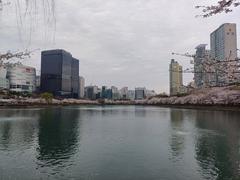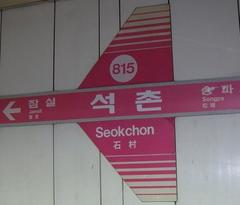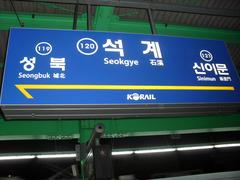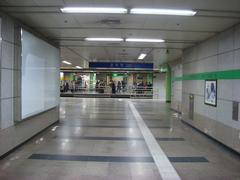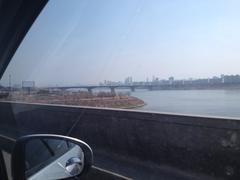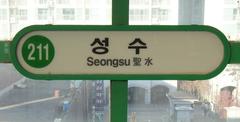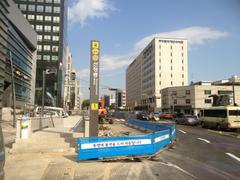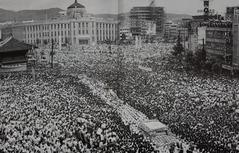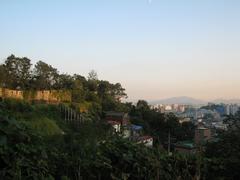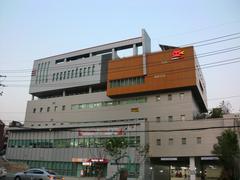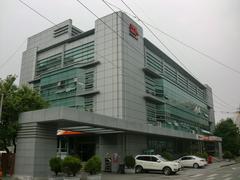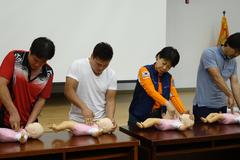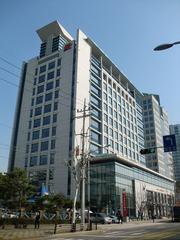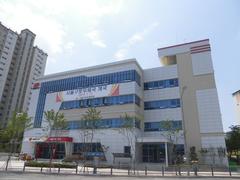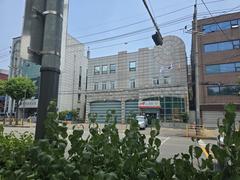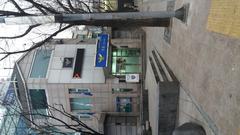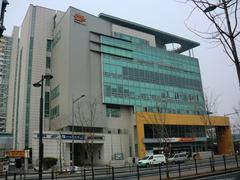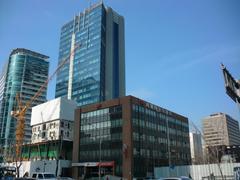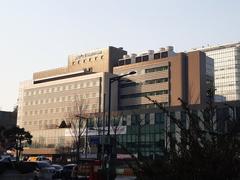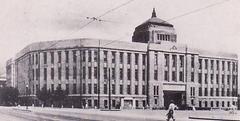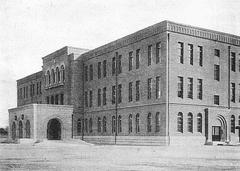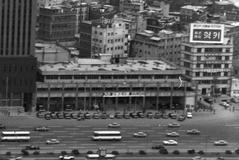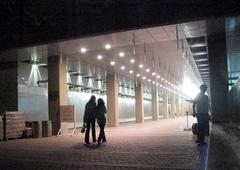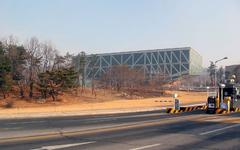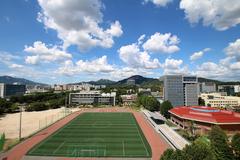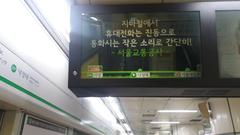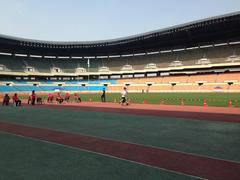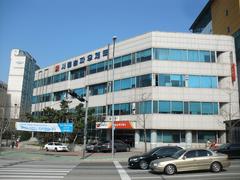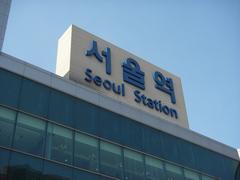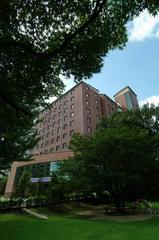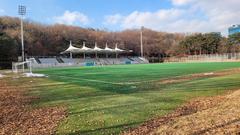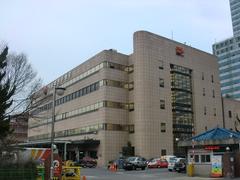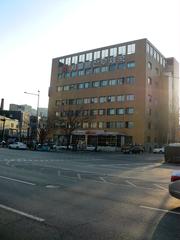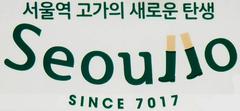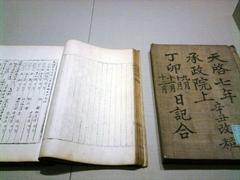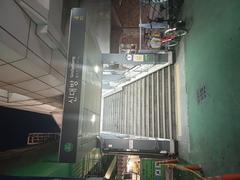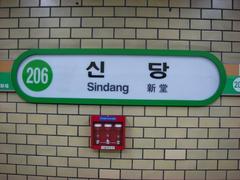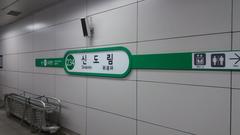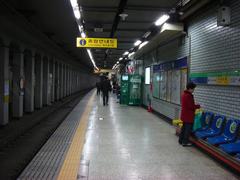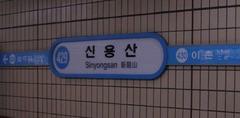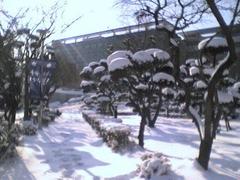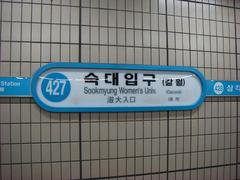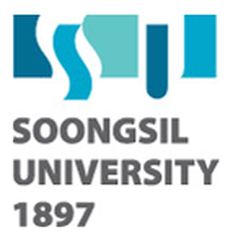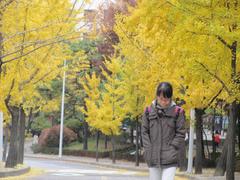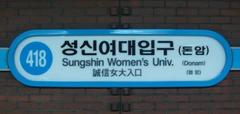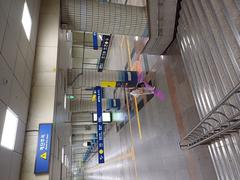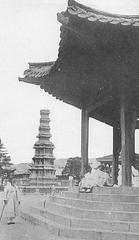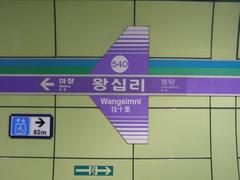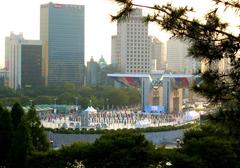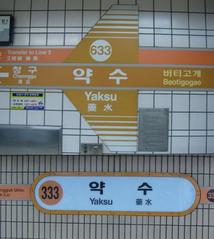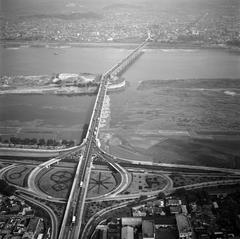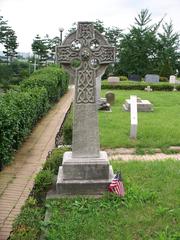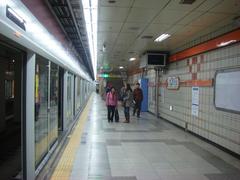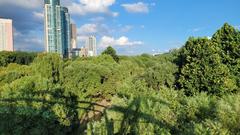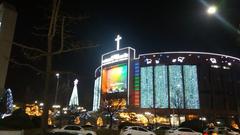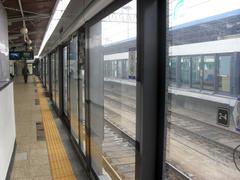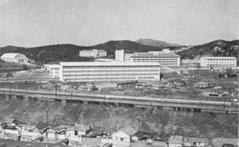Induk University Seoul Visiting Hours, Tickets, and Historical Sites Guide
Date: 14/06/2025
Introduction
Located in Seoul’s Nowon-gu district, Induk University is recognized for its educational excellence and deep-rooted Christian heritage. The university’s campus offers a unique blend of modern architecture, cultural vitality, and historical significance. This detailed guide provides everything you need to know about visiting Induk University—its history, mission, campus highlights, practical visitor information, and nearby attractions—making it an ideal resource for prospective students, tourists, and cultural explorers.
For further details, see the official Induk University website and factsanddetails.com.
Table of Contents
- Foundations and Early Development
- Historical Context: Education in Korea and the Rise of Private Institutions
- Induk University’s Mission and Educational Philosophy
- Growth and Modernization
- Visiting Induk University: Practical Information
- Unique Features and Photographic Spots
- Induk University and Korean Educational Values
- FAQ: Visiting Induk University
- Conclusion and Visitor Engagement
- Additional Resources
Foundations and Early Development
Induk University was established with a vision to foster leaders committed to national development, grounded in Christian values of service and creativity. The university’s guiding principles—“God First, Others Second, Myself Last,” and “With Hand and Head Create Something Out of Nothing”—reflect its spiritual and practical approach to higher education (Induk University Official Site).
The university’s origins are part of a broader movement in Korean education that combined Confucian heritage and Western missionary influences. Missionary-founded schools, such as Sungsil College, played pivotal roles in introducing modern curricula and promoting inclusive education, including for women (factsanddetails.com). Induk University’s foundational philosophy is a continuation of these traditions.
Historical Context: Education in Korea and the Rise of Private Institutions
During the Japanese colonial era (1910–1945), Korean educational opportunities were restricted, with colonial authorities emphasizing technical training and limiting access for Korean students (factsanddetails.com). Private institutions, particularly those founded by missionaries, became crucial centers for higher learning and the spread of Western ideas.
After Korea’s liberation in 1945 and the devastation of the Korean War, education became a central pillar of national recovery and modernization. The 1968 education charter emphasized universal access, and private universities like Induk emerged to meet soaring demand for tertiary education. By the early 21st century, South Korea boasted one of the world’s highest rates of university attainment (south-korea.education).
Induk University’s Mission and Educational Philosophy
Induk University’s mission is to “cultivate leaders who will lead the nation’s development with the Christian-based service mind” (Induk University Official Site). The university operates on two guiding principles:
- Service Mindset: “God First, Others Second, Myself Last” encourages students to prioritize community and national well-being.
- Creative Problem-Solving: “With Hand and Head Create Something Out of Nothing” promotes practical, innovative learning across disciplines.
This blend of ethical leadership and creativity positions Induk University as a distinctive institution within Korea’s higher education landscape.
Growth and Modernization
Located at 12 Choansan-ro, Nowon-gu, Induk University has expanded its academic offerings and infrastructure to meet the demands of a rapidly evolving society (Induk University Official Site). The university is well-regarded for its programs in design, media, business, and technology. Its growth mirrors the broader trend of private universities in Korea, which have been instrumental in expanding educational access and fostering innovation (south-korea.education).
Visiting Induk University: Practical Information
Visiting Hours and Access
- Opening Hours: Weekdays, 9:00 AM – 6:00 PM. Weekend and holiday hours may vary; confirm via the official website.
- Entry: Admission is free. Public areas, including campus grounds, library, and exhibition spaces, are open to visitors. Restricted access applies to classrooms and certain facilities without prior arrangement.
Campus Tours and Visitor Guidelines
- Guided Tours: Available by appointment through the visitor center or international office.
- Guidelines: Please respect campus rules, maintain quiet in academic areas, and avoid disrupting classes.
Transportation and Accessibility
- By Subway: Line 7 to Nowon Station (Exit 3), then a 10-minute walk.
- By Bus: Multiple local routes serve the campus.
- Accessibility: The university offers ramps, elevators, and accessible restrooms.
Nearby Attractions
- Bukhansan National Park: Popular for hiking and nature walks.
- Traditional Markets and Local Eateries: Sample authentic Korean cuisine.
- Other University Campuses: Explore the educational district’s vibrant atmosphere.
Unique Features and Photographic Spots
Induk University’s campus is celebrated for its landscaped grounds and mix of modern and traditional architecture. The central plaza, art studios, and seasonal scenery (such as cherry blossoms and autumn foliage) provide excellent photo opportunities. Public cultural events, art exhibitions, and festivals are periodically open to visitors.
Induk University and Korean Educational Values
Induk University embodies Korean ideals of education as a path to personal and national growth. Its focus on character development, service, and creativity is rooted in both Confucian values and Christian educational traditions (factsanddetails.com). The university’s commitment to leadership and social responsibility continues to shape the future of Korean society.
Frequently Asked Questions (FAQ)
Q: What are Induk University’s visiting hours?
A: Weekdays from 9:00 AM to 6:00 PM; check for holiday exceptions.
Q: Is there an entrance fee?
A: No, general campus admission is free.
Q: Are guided tours available?
A: Yes, by appointment through the visitor center.
Q: How do I get there via public transport?
A: Subway Line 7 to Nowon Station (Exit 3), then a short walk.
Q: Is the campus accessible for mobility-impaired visitors?
A: Yes, with accessible facilities throughout.
Q: Can I visit specific departments or classrooms?
A: Only by prior arrangement.
Q: Are special events open to visitors?
A: Select events such as cultural festivals and exhibitions are open to the public—check the website for details.
Additional Cultural Sites: Deoksugung Palace and Ahjung Museum of Art
Deoksugung Palace
A striking blend of traditional Korean and Western architecture, Deoksugung Palace is open daily from 9:00 AM to 9:00 PM (last admission 8:00 PM). Tickets are affordable, with discounts for youth, seniors, and groups. The palace is accessible from Seoul City Hall Station and features highlights such as the Royal Guard Ceremony, Jeonggwanheon Pavilion, and Seokjojeon Hall. Accessibility is ensured for all visitors. (More information)
Ahjung Museum of Art
Located within Induk University, the Ahjung Museum of Art is Korea’s first fine art museum established by a junior college. Open Tuesday to Sunday from 10:00 AM to 6:00 PM (closed Mondays and holidays), admission is free. The museum features permanent and temporary exhibitions, workshops, and educational programs. (Ahjung Museum of Art official page)
Campus Environment, Facilities, and Visitor Experience
Induk University’s campus features modern academic buildings, green courtyards, and inclusive social spaces. The university community is welcoming and diverse, and visitors can enjoy affordable dining at on-campus cafeterias. Art installations and rotating exhibitions highlight the creative focus of the university. Guided tours, campus events, and public lectures provide unique insight into contemporary Korean youth culture.
Getting There:
Seoul’s subway system and city buses provide convenient access. For international visitors, navigation apps (KakaoMap, Naver Map) are recommended due to limited English signage. Taxis are readily available; it is helpful to have the university’s address in Korean for drivers.
Visitor Tips:
- Learn basic Korean phrases or use translation apps for smoother communication.
- Dress modestly and follow campus etiquette.
- Photography is generally allowed outdoors; ask permission for indoor or individual photos.
- Free Wi-Fi is available; consider a local SIM or portable Wi-Fi for citywide access.
Planning Your Visit
- Best Seasons: Spring (April–June) and autumn (September–November).
- Contact: Induk University Official Site
- Downloadable Resources: The Audiala app offers personalized travel tips, campus maps, and event updates.
Summary of Key Information and Visitor Tips
Induk University stands as a vibrant cultural and educational landmark that reflects Korea’s commitment to leadership, creativity, and social responsibility. Its accessible campus, rich history, and dynamic community make it a rewarding destination for travelers, students, and culture enthusiasts. Stay informed about visiting hours and events through the official Induk University site, and enrich your experience by exploring nearby cultural and historical sites in Seoul.
References and Official Links
- Induk University Official Site (https://www.induk.ac.kr/EN/cms/frCmnCon/index.do?MENU_ID=70)
- Education and Infrastructure in South Korea (https://factsanddetails.com/korea/south_korea/education_health_transportation_infrastructure/entry-7374.html)
- History of Education in South Korea (https://south-korea.education/history-of-education-in-south-korea/)
- Ahjung Museum of Art (https://www.induk.ac.kr/EN/cms/frCmnCon/index.do?MENU_ID=100)
- Seoul Historical Sites Guide (https://www.koreatodo.com/must-visit-places-seoul)
For more travel guides and the latest updates on South Korean destinations, download the Audiala app, explore related posts, and follow us on social media. Start planning your unforgettable Seoul experience today!
